I have a Nib file. Image attached. I would like this Nib file as the inputAccessoryView. Reason being accessoryView doesn't adhere to Safe Area on iphoneX. grrrr!
I have set up my Nib file as per this tutorial... https://medium.com/code-with-rohit/inputaccessoryview-and-iphonex-7b5547fe98da
How do I correctly get this Nib file inside the inputAccessoryView?
I have my custom Class "AccessoryView" as the File's Owner. From here I struggle.
Any help as always highly appreciated.
UPDATE: I've removed the File Owner and added the class to the top View.
In my AccessoryView Class I have
override init(frame: CGRect) { // for using CustomView in code
super.init(frame: frame)
self.commonInit()
}
required init?(coder aDecoder: NSCoder) { // for using CustomView in IB
super.init(coder: aDecoder)
if self.subviews.count == 0 {
self.commonInit()
}
}
class func instanceFromNib() -> UIView {
return UINib(nibName: "AccessoryView", bundle: nil).instantiate(withOwner: nil, options: nil)[0] as! UIView
}
private func commonInit() {
guard let container = accessoryViewContainerView else { return }
container.frame = self.bounds
container.autoresizingMask = [.flexibleHeight, .flexibleWidth]
self.addSubview(container)
}
}
But it gave me the below effect:
I then add the view to the inputAccessoryView as such:
override var inputAccessoryView: UIView? {
get {
return AccessoryView.instanceFromNib()
}
}
As you can see it has added the subViews but the constraints are all off.

